How to Deal with Heating Oil Leaks and How They Can Be Prevented?
If you have ever experienced and dealt with any leakage from your oil storage tank, you probably have a good idea about how problematic it can be for its surroundings. It is important to control and stop the leak as soon as possible because it can contaminate the environment and infiltrate the water table as well.
The impact of a heating oil leak can be minor or catastrophic, depending upon the magnitude of the spill. In domestic tanks, leaks are usually found in the supply line or the valve. It is imperative to routinely check these potential leakage points to minimise the chance of leakage.
However, we have compiled the steps that you can take to deal with a heating oil leak from a domestic tank.
How to Find the Source of Heating Oil Leak?
A leak can start anywhere in your system. There even may be more than one leak as well. So you can start by inspecting the tank for any leakage and then follow the supply line down to the boiler.
Checking the whole system will tell you both the severity and number of leaks in the system, rendering you able to deal with it.
How to Deal with a Heating Oil Leak?
- Close the valve or the tap at the tank and stop the flow immediately.
- Conduct a survey of the system to find out the source of leakage and try to reduce the flow
- If the oil has spilt on the ground, use any absorbing material like sand to absorb it.
- Make sure that the spilt oil does not reach any water body or nearby building.
- Check if the heating oil leak has affected any adjacent land.
- Inform your insurance provider immediately. They will send a contractor to your location to deal with the crisis.
- You can also contact the supplier and request them to uplift any remaining fuel as soon as possible
- If the leak has already contaminated freshwater sources like lakes or ponds, or they have damaged the structural integrity of the building, contact relative authorities at once.
- Make sure that the repairs are done properly and as per standards to prevent any future leakage.
- Contact a cleanup company that can clean up the heating oil safely.
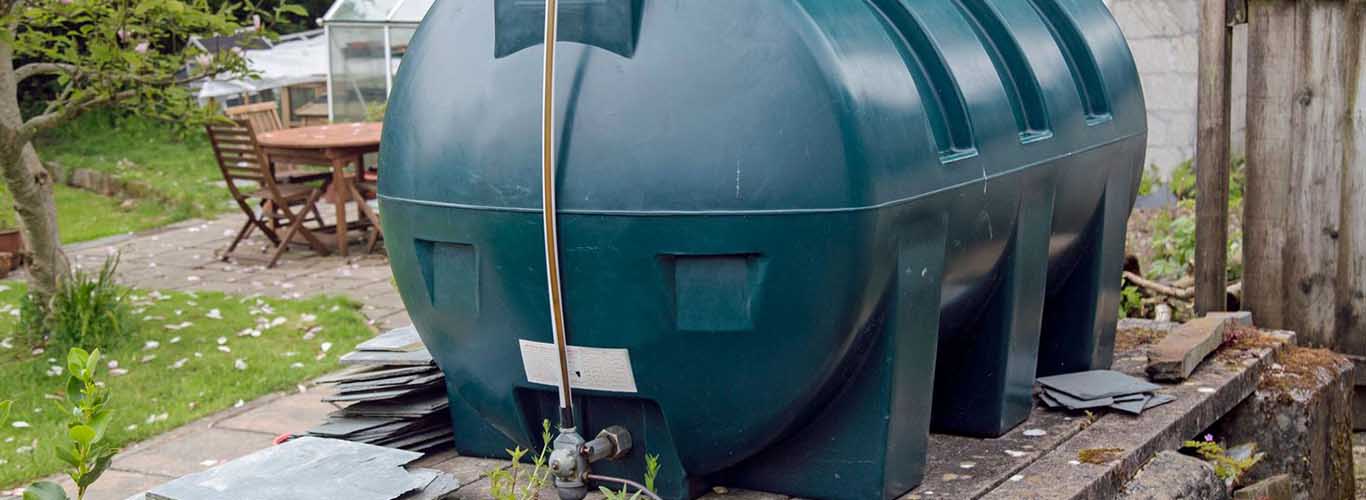
Give us a call for free consultation
How to Prevent Heating Oil Leaks?
There are some safety improvements that you can take to prevent this from happening again:
Insulate the Lines:
You can insulate all the fuel lines with concrete or protective tubing. This will eradicate any chance of an accidental leak from the fuel lines.
Tighten the Connections:
Loose connections between different sections are a very common reason behind heating oil leaks. Make sure that all the connections in the system are clean and properly tightened.
Monitor the Usage:
It is better if you monitor and compare the fuel usage with past years. In case of any unknown leakage, you will find an increase in heating oil usage, and it’s a sign that you should start the investigation.
Monitor the System
You should monitor the conditions of your fuel tank and supply lines regularly. Keep a track of how old the tank or lines are and what is the rate of deterioration in the system. If you find any signs of severe corrosion or damage, repair them immediately.
Bunding and Drip Trays:
Bunding and drip trays are simple yet effective measurements that can be taken to control the leakage from the storage tank. However, you must keep the regulations and requirements about bunding and drip trays in mind.
- In the case of bunding, the external layer must have at least 110% of the fuel capacity of the tank it is housing.
- A drip tray must have a minimum capacity of 25% of the total volume of the heating oil it is housing,
Schedule Maintenance:
It is good to schedule the maintenance of the system on a yearly basis. We will advise you to run maintenance at the start of every season that requires heating. This is the best way to prevent any leaks during the season. Furthermore, a regularly maintained furnace will work more efficiently and save you money.
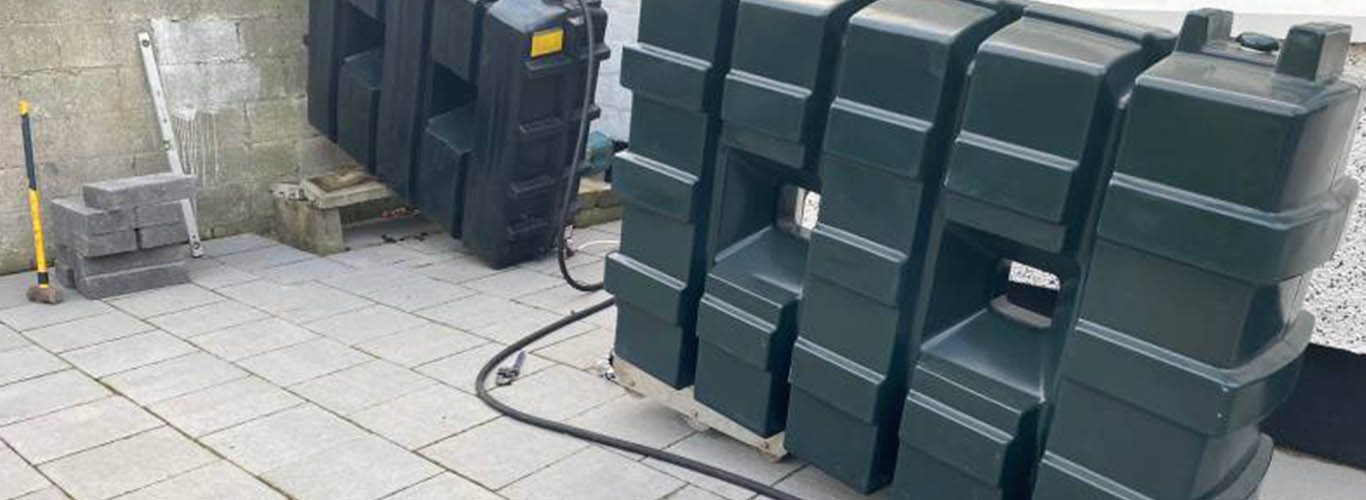
Give us a call for free consultation
Dangers and effects of a Heating Oil Leak
A short-term exposure, like in the case of a domestic tank leakage, is not potentially dangerous. However, breathing heating oil vapours in a closed space can cause short-term symptoms like dizziness, nausea, skin or throat irritation etc.
However, if heating oil leakage reaches any nearby water body or infiltrates the groundwater table, it can cause severe damage to the environment and affect the area’s biotic system collectively.
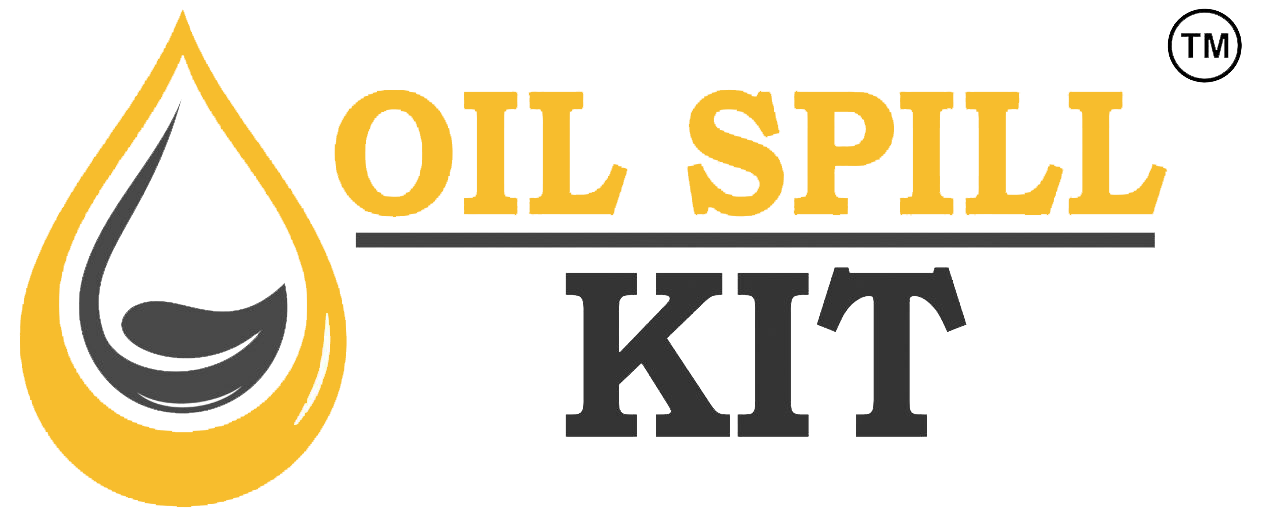
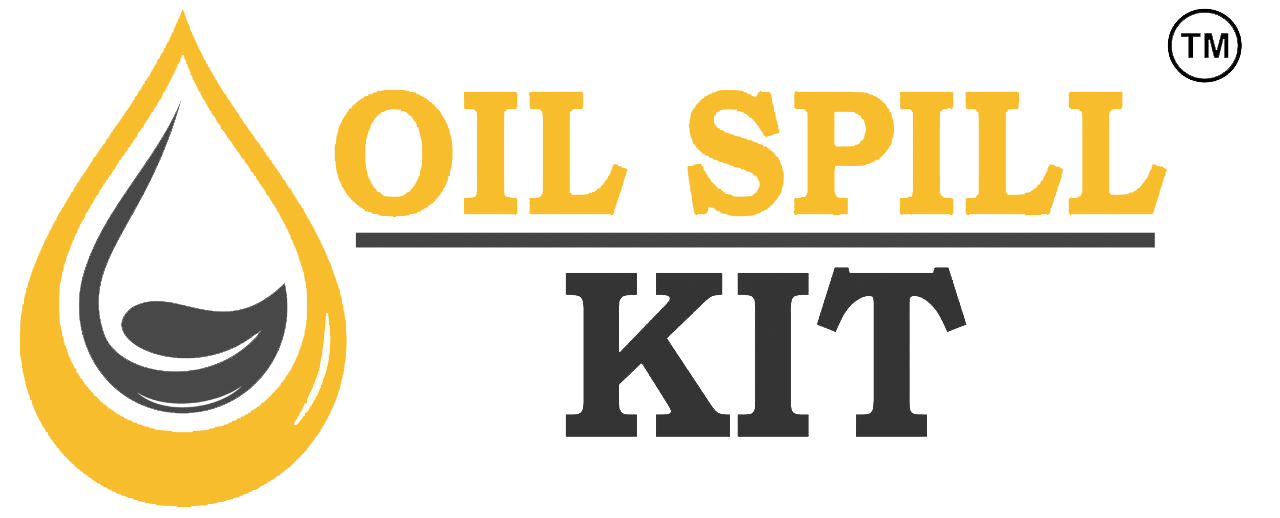






 Home
Home  Checkout
Checkout